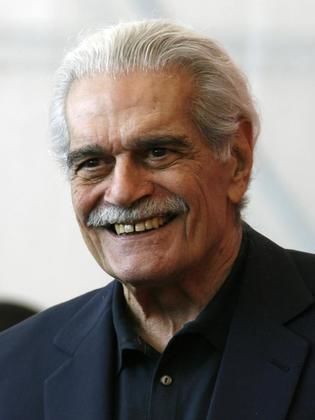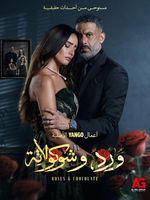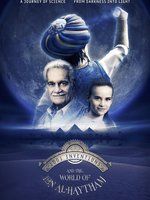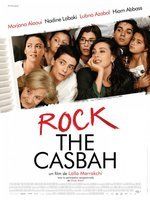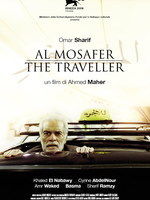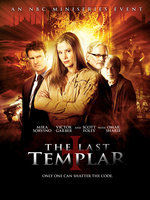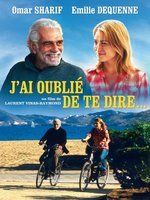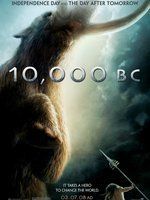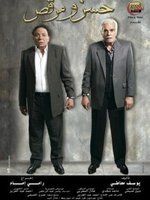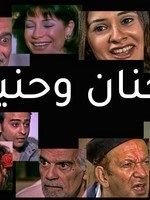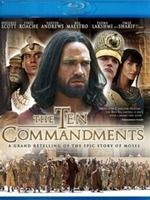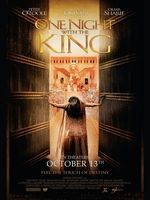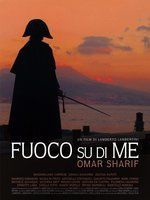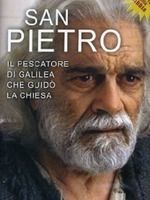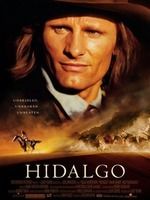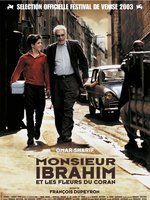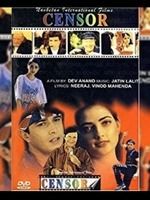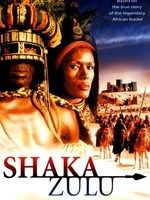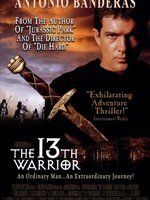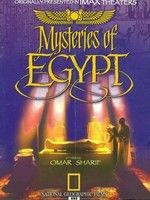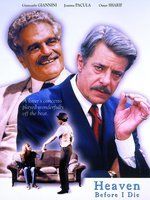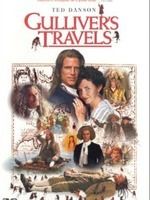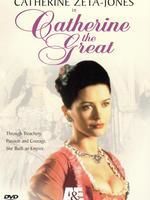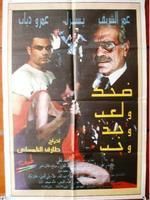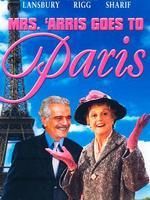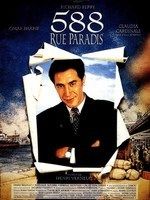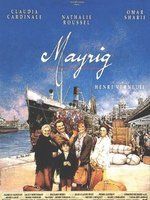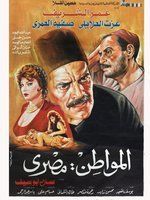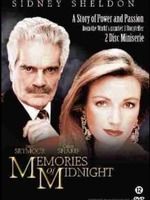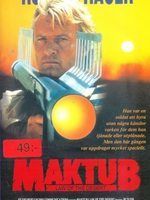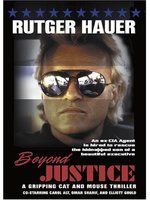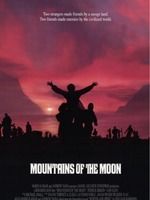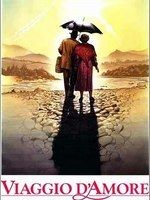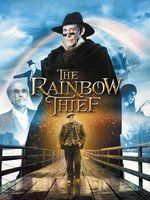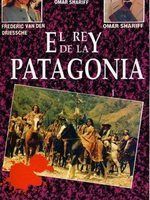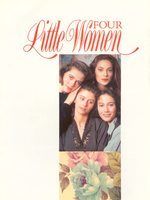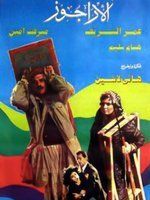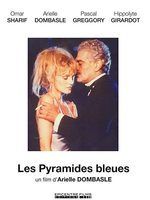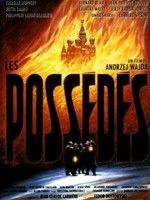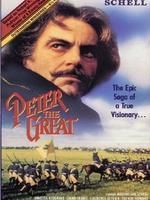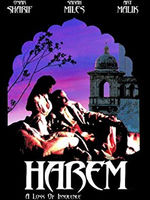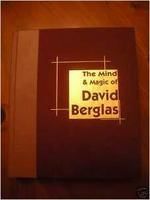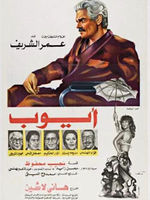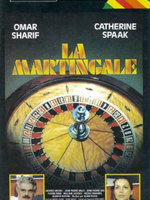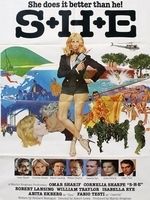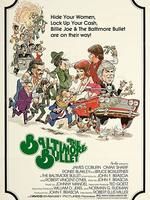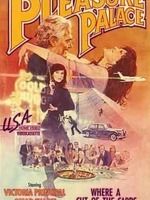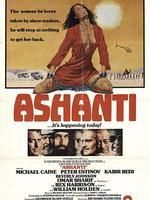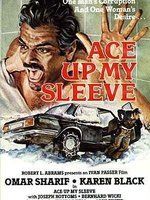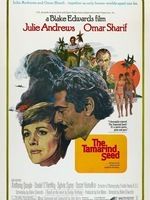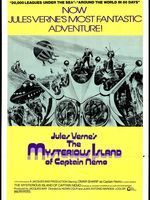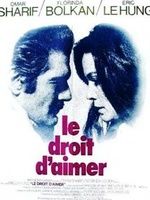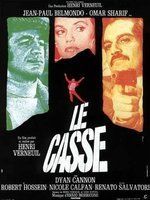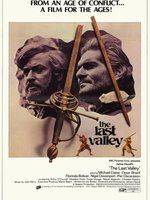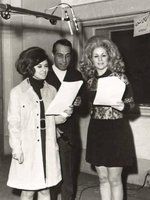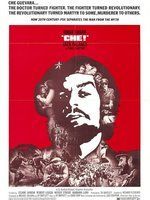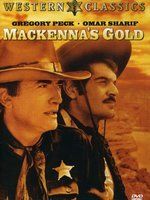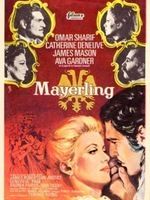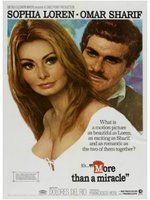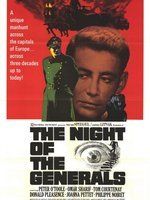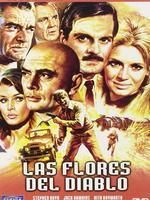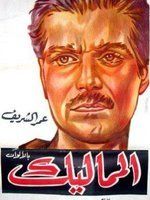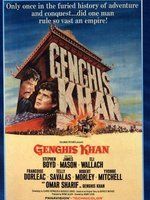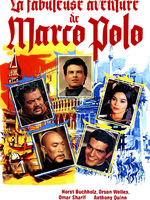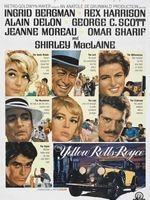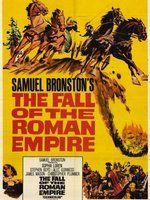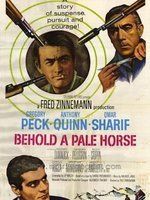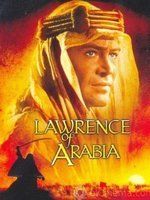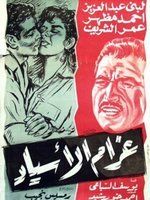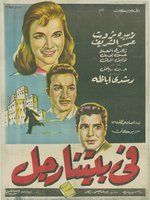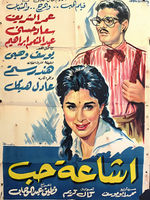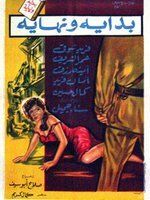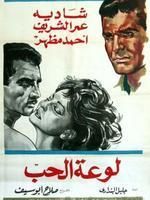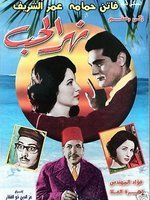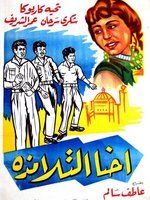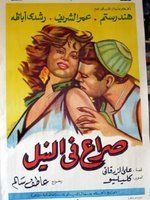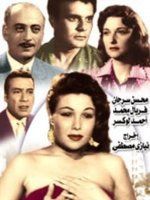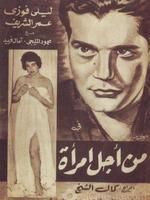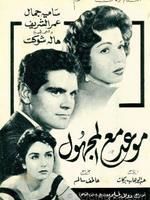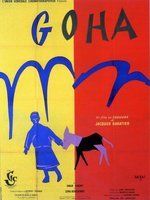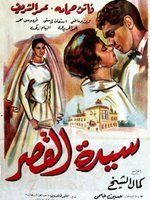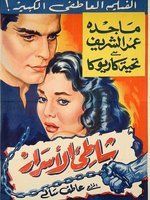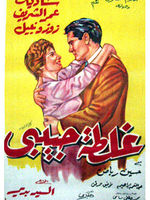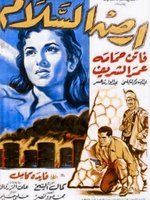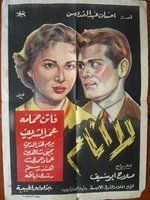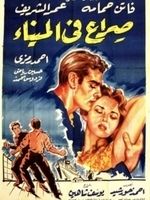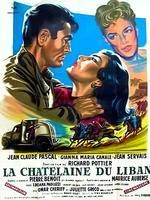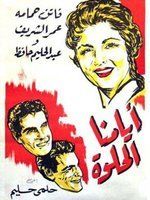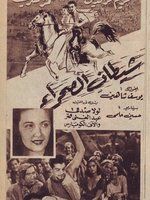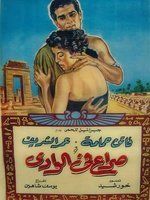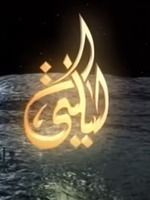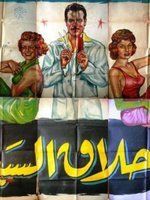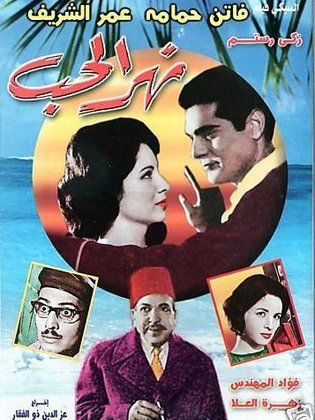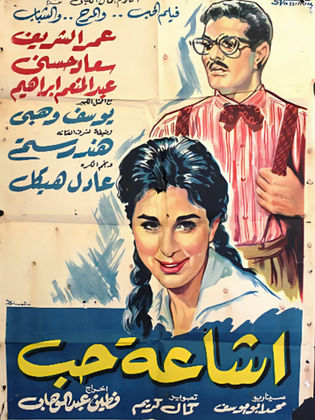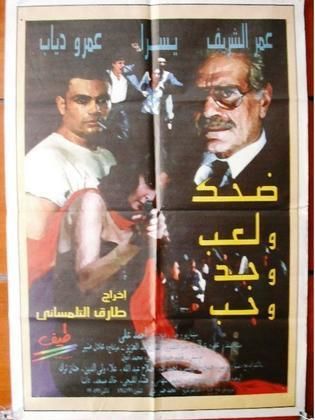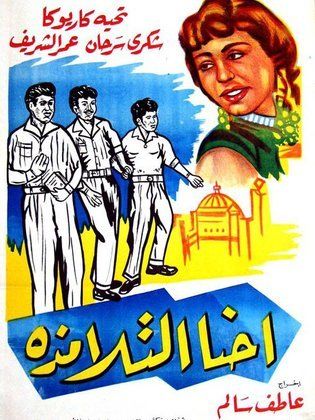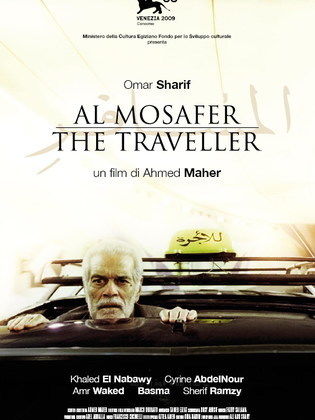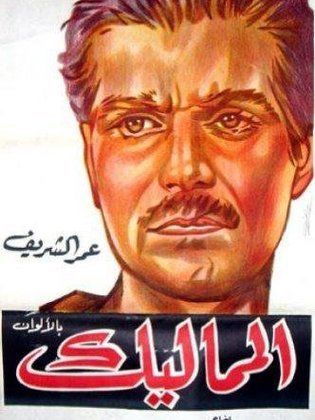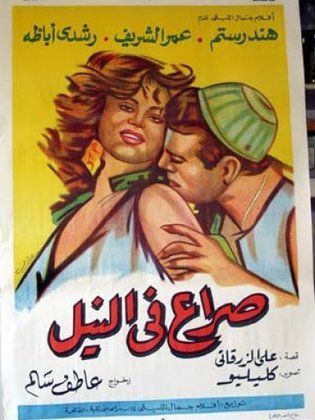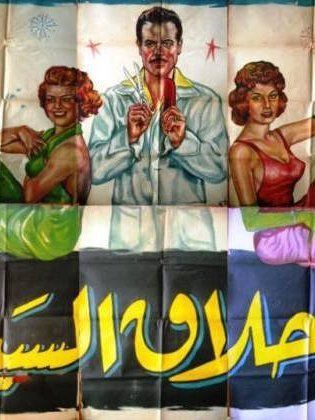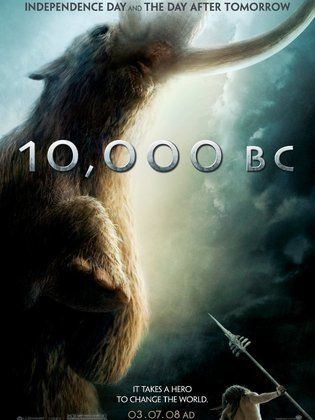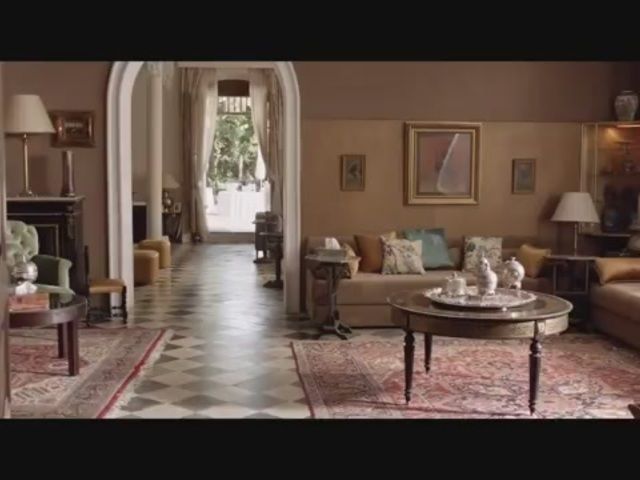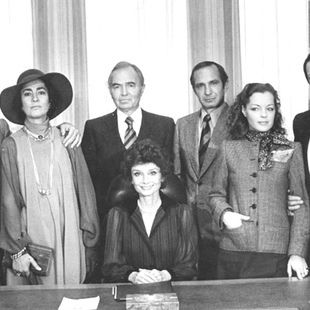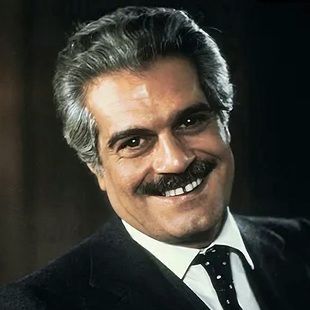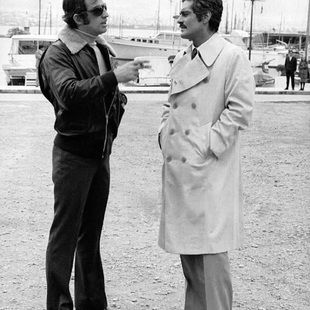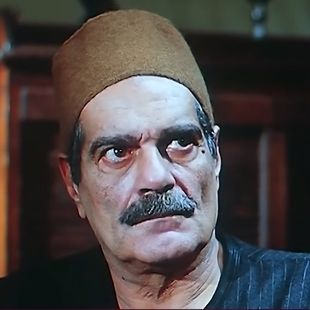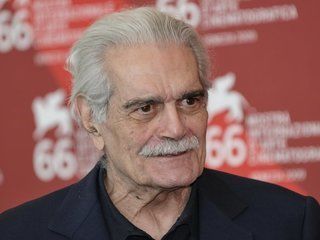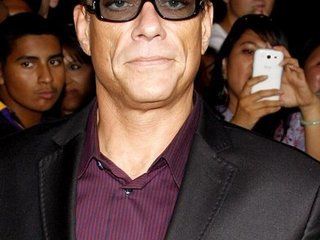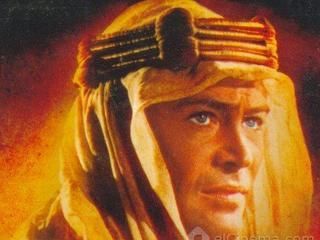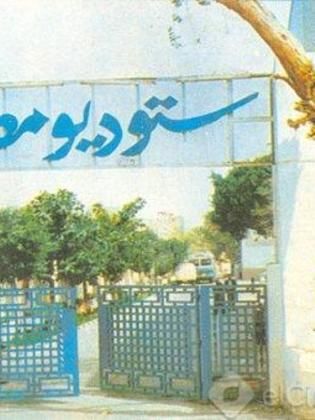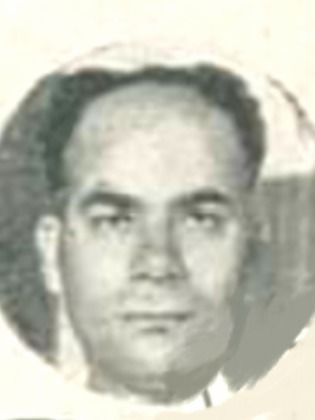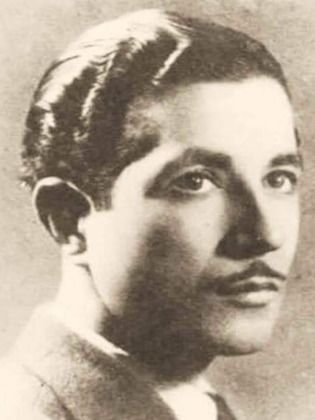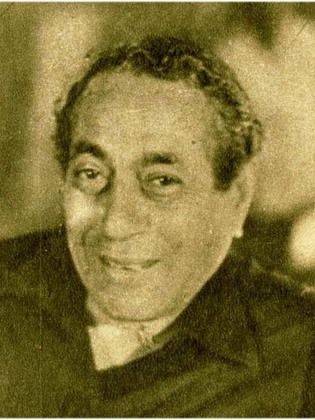Omar Sharif (1932 - 2015) عمر الشريف
Biography
Omar ElSharif, originally named Michael Demitri Shalloub was born on April 10, 1932 in Alexandria to a wealthy Egyptian Catholic family. Sharif graduated from Alexandria’s Victoria College, where he originally met his friend and later director, Youssef Shahin. He then studied in...Read more Cairo University, majoring in both mathematics and physics. In 1953, Sharif began his acting career with a role in the film Sira3 Fi al-Wadi, (Struggle in the Valley) alongside his future wife Faten Hamama. He continued to do some of his best work with her including Ayyamna el helwa (Our Best Days, 1955), La anam (I Don't Sleep, 1958), Sayedat el kasr (Lady of the Castle,1959) and the Anna Karenina adaptation Nahr el hub (The River of Love, 1961). In 1955, Omar El-Sharif converted to Islam and then married Egyptian actress Faten Hamama, with whom he had one son, Tarek, and separated quickly after in 1966. He admits that the overturn of the government during Nasser’s time made it impossible to stay in Egypt, which was the main reason behind the dissolution of his marriage. Yet even during his many years of living abroad, Sharif continued to play a role in Egyptian Radio Broadcasting in works such as “Nose and Three Eyes” and “Forbidden Love”. Sharif's first English language film was Lawrence of Arabia in 1962, in which he played the role of Sherif Ali. His performance earned him a Best Supporting Actor Oscar nomination, a Golden Globe Award for Best Supporting Actor, a Most Promising Newcomer award and worldwide fame as the world's first leading Arabic actor. Sharif played the title role in the 1965 film Doctor Zhivago, alongside his son Tarek who played Yuri at age 8. He also starred in Funny Girl with Barbra Streisand who made public the fact that they were having an affair. Sharif is fluent in Arabic, English, Greek, and French. He also speaks some Italian, Spanish and Turkish. He is known for his charisma on and off screen, and has been awarded a very prestigious award by UNESCO for his charitable acts toward humanity.
Watch Online (Sponsored By Yango Play)
-
-
- Ward w Shokolata
- 2025 - Series
-
-
- One Last Sin
- 2025 - Series
-
-
- Siko Siko
- 2025 - Movie
-
-
- Rocky El Ghalaba
- 2025 - Movie
-
-
- 2 Qahwa
- 2025 - Series
-
-
- Al Shater
- 2025 - Movie
Known for
(According to views)
Watch it on
More details
Omar ElSharif, originally named Michael Demitri Shalloub was born on April 10, 1932 in Alexandria to a wealthy Egyptian Catholic family. Sharif graduated from Alexandria’s Victoria...Read more College, where he originally met his friend and later director, Youssef Shahin. He then studied in Cairo University, majoring in both mathematics and physics. In 1953, Sharif began his acting career with a role in the film Sira3 Fi al-Wadi, (Struggle in the Valley) alongside his future wife Faten Hamama. He continued to do some of his best work with her including Ayyamna el helwa (Our Best Days, 1955), La anam (I Don't Sleep, 1958), Sayedat el kasr (Lady of the Castle,1959) and the Anna Karenina adaptation Nahr el hub (The River of Love, 1961). In 1955, Omar El-Sharif converted to Islam and then married Egyptian actress Faten Hamama, with whom he had one son, Tarek, and separated quickly after in 1966. He admits that the overturn of the government during Nasser’s time made it impossible to stay in Egypt, which was the main reason behind the dissolution of his marriage. Yet even during his many years of living abroad, Sharif continued to play a role in Egyptian Radio Broadcasting in works such as “Nose and Three Eyes” and “Forbidden Love”. Sharif's first English language film was Lawrence of Arabia in 1962, in which he played the role of Sherif Ali. His performance earned him a Best Supporting Actor Oscar nomination, a Golden Globe Award for Best Supporting Actor, a Most Promising Newcomer award and worldwide fame as the world's first leading Arabic actor. Sharif played the title role in the 1965 film Doctor Zhivago, alongside his son Tarek who played Yuri at age 8. He also starred in Funny Girl with Barbra Streisand who made public the fact that they were having an affair. Sharif is fluent in Arabic, English, Greek, and French. He also speaks some Italian, Spanish and Turkish. He is known for his charisma on and off screen, and has been awarded a very prestigious award by UNESCO for his charitable acts toward humanity.
- Nationality:
- Egypt
- Birth Country:
- Egypt
- Death Country:
- Egypt

